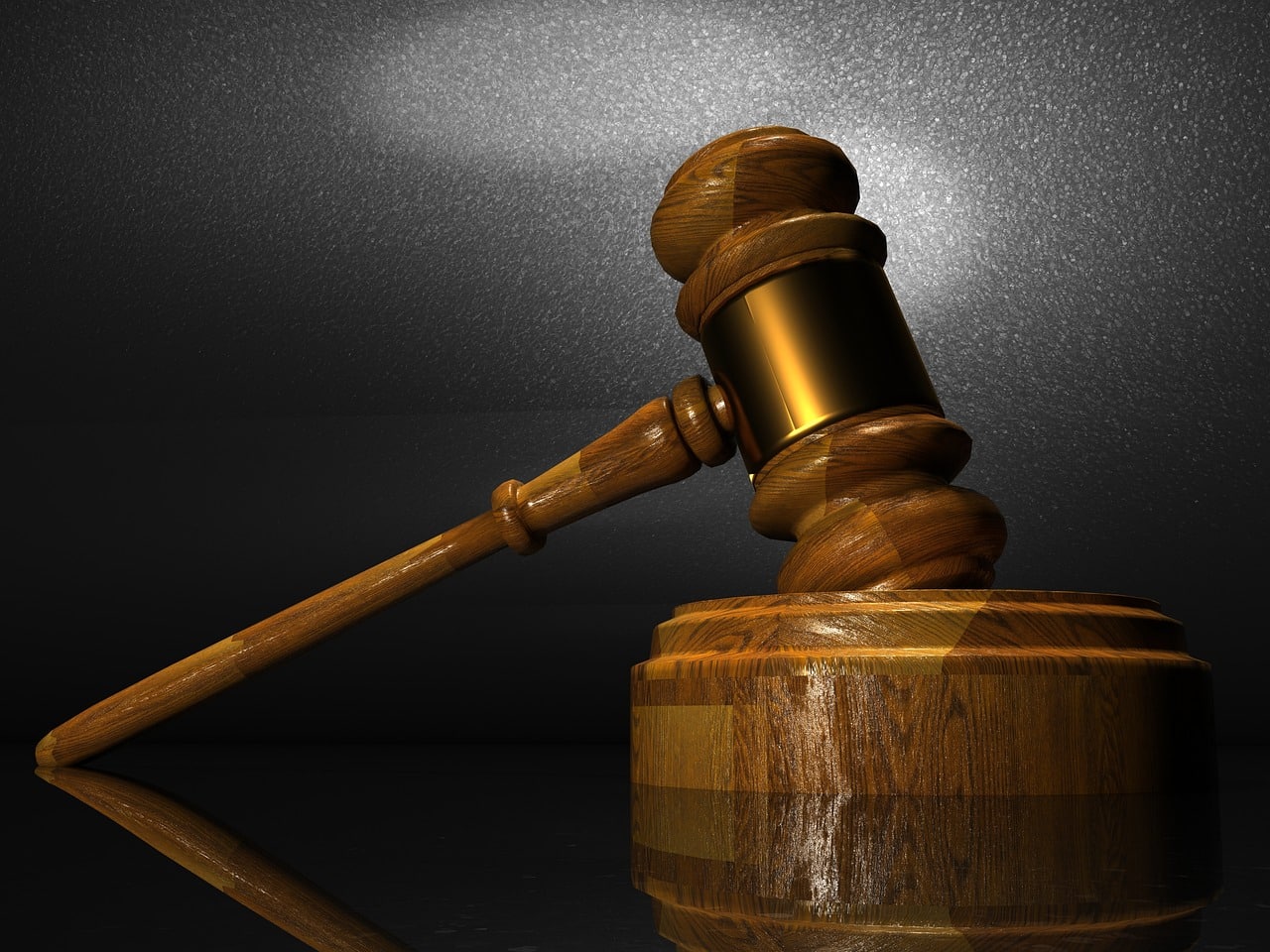Are there ethical concerns surrounding the use of AI in criminal justice systems?

Artificial intelligence (AI) has been steadily infiltrating our lives, penetrating sectors from healthcare to entertainment, banking to transportation. As the world continues to embrace this technology, an interesting and critical question arises: ‘Are there ethical concerns surrounding the use of AI in criminal justice systems?’
This article delves into the intersection of AI, ethics, and the criminal justice system; exploring the potential of AI in decision-making processes, analyzing the risks, and questioning the ethical implications of its use in law enforcement. We will also discuss the necessary balance between technological advancement and human oversight in creating ethical systems for public safety.
Also to see : What role do urban parks play in improving mental health in densely populated cities?
The Potential of AI in Decision Making
AI, through machine learning algorithms, can analyze vast amounts of data, making it a potent tool for decision making in the criminal justice system. Its use spans across various areas such as predictive policing, risk assessment, and forensic science. For instance, algorithms can assist in predicting potential crime hotspots, assessing an individual’s likelihood of re-offending, or even analyzing DNA evidence from a crime scene more efficiently and accurately than humans.
However, this potential does not come without its caveats. The reliance on AI for decision making in criminal justice raises questions around transparency, accountability, and bias. As we delve further into the age of AI, these ethical considerations become paramount.
In the same genre : Your guide to finding a real estate agent in Terrebonne
Transparency and Accountability in AI Systems
In an ideal scenario, AI systems should not only be efficient but also transparent and accountable. However, the reality is often different. While AI, in principle, is designed to eliminate human bias, there is a growing concern that these systems might simply be mirroring and magnifying the biases ingrained in the data they are trained on.
Moreover, the decision-making processes of AI are often considered a ‘black box,’ with the logic behind a particular decision remaining concealed. This lack of transparency hampers accountability, making it difficult for those affected by these decisions to challenge or understand them.
Transparency and accountability, therefore, are of utmost importance when it comes to AI in the criminal justice system. For justice to be served, those affected must understand how decisions were made, and there must be avenues for these decisions to be questioned and reviewed.
The Ethical Implications of AI in Law Enforcement
Law enforcement agencies around the world are increasingly using AI tools such as facial recognition technology for crime prevention and detection. While these technologies promise to enhance public safety, they also pose significant ethical concerns.
The use of facial recognition technology, for instance, raises questions about privacy, consent, and misuse. There have been cases where such technology has been misused for mass surveillance or wrongly identified innocent individuals as criminals.
Furthermore, the reliability and accuracy of AI tools in law enforcement are not foolproof. Errors can have grave consequences, potentially leading to the wrongful arrest, conviction, or even execution of innocent individuals. These concerns underscore the need for stringent checks and balances, as well as robust human oversight.
Striking the Balance: AI and Human Oversight
As we move forward with integrating AI into the criminal justice system, we must strive for a balance between leveraging technology and ensuring ethical, human oversight. While AI undoubtedly has the potential to improve efficiency and accuracy, it should not replace human judgment and discretion.
Humans need to remain in the loop, providing oversight, making the final decisions, and being accountable for those decisions. Integrating AI should not mean abdicating responsibility or allowing machines to make autonomous decisions with life-altering implications.
In conclusion, while AI holds great potential for enhancing the criminal justice system, it also brings with it significant ethical concerns. By addressing issues of bias, transparency, accountability, and ensuring an active human role in decision making, we can work towards an ethical use of AI in the criminal justice system.
Ultimately, the goal should not be to replace human judgment, but to augment it, creating a future where technology and humanity work in tandem for a just and ethical society. After all, justice is a fundamentally human concept – one that should be guided by empathy, compassion, and fairness, no less in the age of AI.
